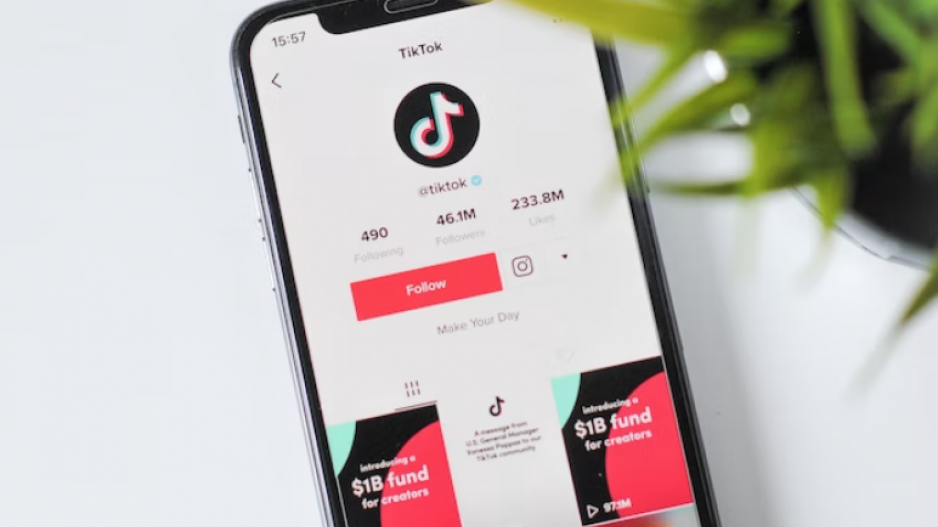As anyone in Squamish interested in social media or tech knows well, TikTok CEO Shou Zi Chew testified before U.S. Congress last week.
More than to entertain audiences with certain politicians’ lack of understanding of technology, Chew was there because the U.S. government is threatening to ban the app over security concerns.
The company that owns TikTok, ByteDance, is based in Beijing and therefore is subject to Chinese government laws that could force it to turn over data about its more than one billion users.
Chew told Congress the company wouldn’t agree to turn over information and promised to put up a “firewall” around U.S. data for its 150 million users there.
Closer to home, federal and provincial officials are implementing restrictions against TikTok on government devices over the same concerns.
The City of Vancouver and other major cities like Toronto have followed suit.
As for Squamish, a spokesperson for the District said the muni is not considering implementing a ban on using TikTok on employer-provided devices at this time. “However, District policy does not permit the personal use of social media apps on employer-provided devices.”
Should the rest of us who scroll away hours on the app also delete it?
Maybe. But maybe not.
What there definitely should be is more overall concern in the U.S., Canada and here in town about how these apps we spend so much time on could change the way we think about important issues.
The biggest threat for the average citizen is likely not that China will get ahold of your location and personal info for some nefarious use (“She is walking that dog again in Squamish, sir!” is not likely to be valuable data). The real hazard is that any and all social media we consume could be used to spread disinformation to impact political outcomes or to shift cultural norms.
We have already seen a local political example with Squamish Voices trying to influence the recent municipal election. And the persistence of the conspiracy theory around “chemtrails” shows that if you follow too many like-minded folks, the truth can get cloudy.
TikTok actually ranks sixth in terms of the amount of personal data a tech company collects, according to a cyber security company. It ranks lower than Facebook, Instagram, and Tinder.
But if you know how the algorithm works on your favourite app, you can “trick it” to feed you a wider variety of content by following a variety of creators who aren’t like you and even some who you disagree with. Follow multiple media sources, even the ones you think are too right or too left.
To break free from algorithms on occasion, check out Ground News. It is a platform that makes comparing news sources and fact-checking them easy. It encourages and makes it easy to read a wide variety of perspectives.
Like an aquarium, our brains need a healthy and balanced ecosystem so the water doesn’t muddy.
Come to think of it, The С����Ƶ should make a TikTok about this. Find us



